exhibition
11 December 2015 > 08 May 2016
until 29 May, valid for all exhibitions currently on view, due to the rearrangement of selected galleries and the implementation of energy efficiency improvements to the buildings
valid for one year from the date of purchase
– minors under 18 years of age;
– myMAXXI cardholders;
– on your birthday presenting an identity document;
– upon presentation of EU Disability Card holders and or accompanying letter from hosting association/institution for: people with disabilities and accompanying person, people on the autistic spectrum and accompanying person, deaf people, people with cognitive disabilities and complex communication needs and their caregivers, people with serious illnesses and their caregivers, guests of first aid and anti-violence centres and accompanying operators, residents of therapeutic communities and accompanying operators;
– MiC employees;
– journalists who can prove their business activity;
– European Union tour guides and tour guides, licensed (ref. Circular n.20/2016 DG-Museums);
– 1 teacher for every 10 students;
– AMACI members;
– CIMAM International Committee for Museums and Collections of Modern Art members;
– ICOM members;
– from Tuesday to Friday (excluding holidays) European Union students and university researchers in art history and architecture, public fine arts academies (AFAM registered) students and Temple University Rome Campus students;
– IED Istituto Europeo di Design professors, NABA Nuova Accademia di Belle Arti professors, RUFA Rome University of Fine Arts professors;
– upon presentation of ID card or badge: Collezione Peggy Guggenheim a Venezia, Castello di Rivoli Museo d’Arte Contemporanea, Sotheby’s Preferred, MEP – Maison Européenne de la Photographie;
MAXXI’s Collection of Art and Architecture represents the founding element of the museum and defines its identity. Since October 2015, it has been on display with different arrangements of works.
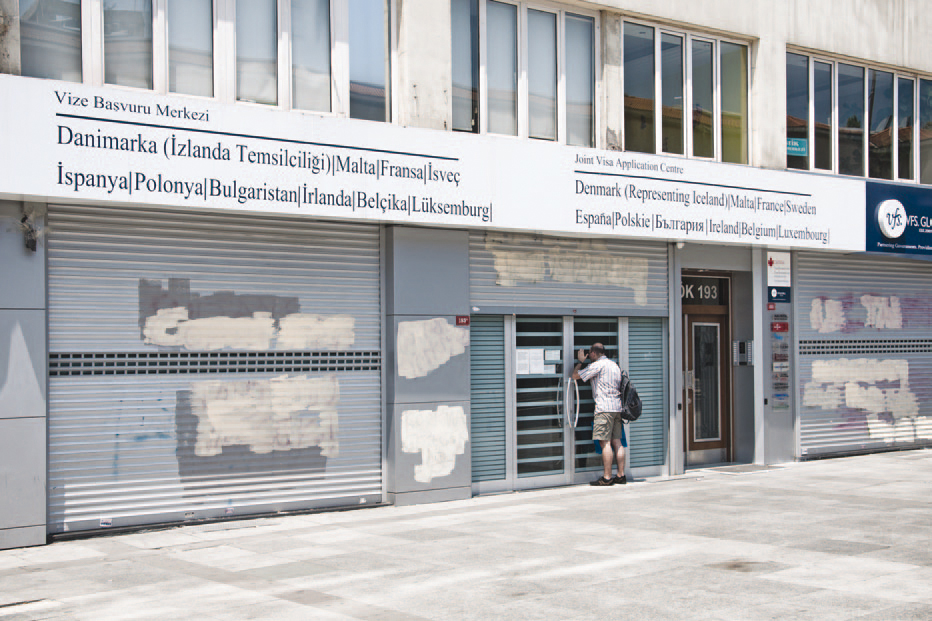
A rose garden with blossoms of countless colors: this is Gezi Park on Istanbul’s Taksim Square in the early days of summer 2013. Thousands of citizens occupied the park to protest against its proposed demolition as part of a controversial urban development project in the heart of Istanbul. Diverse groups joined forces to protect their city. The police’s severe reaction to the protest triggered public demonstrations across Turkey, in which people voiced their strong disapproval of large-scale urban and economic changes proposed by the government, limitations on freedom of the press and of expression and the government’s conservative regulations. Due to violent oppression by the government the movement was eventually dispelled, incurring considerable casualties. Today, large-scale protests have been replaced by deep reflection, critical debates and day-to-day acts of resistance.
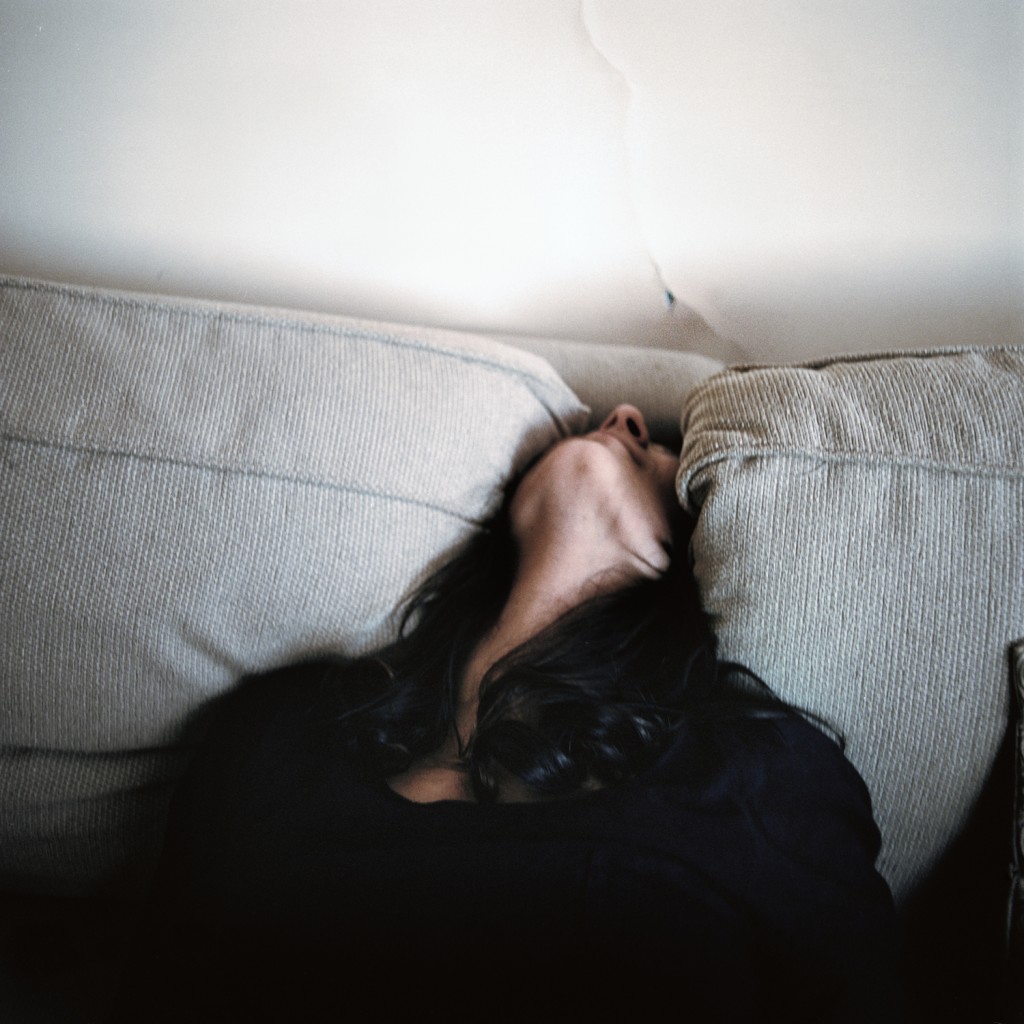
Over the years, the city of Istanbul has had to face a drastic process of urban transformation. Its irregular expansion, which started with the migrations from the countryside towards the city in the 40s and which is marked by the illegal building of the 60s, caused a transformation of the city in the second half of the twentieth century, as well as inevitable cultural and social changes. In parallel to the illegal buildings, the solutions offered by TOKİ (Toplu Konut Idaresi, meaning Housing Development Administration) are radically changing the face of the city. But is Istanbul ready for a change? Architects and professionals are searching for alternative solutions to foster a more sustainable development and artists are working on presenting the cultural pluralism of Istanbul, based on investigations of space, the people who inhabit it and the ideologies that uphold the tension between democracy and globalisation.
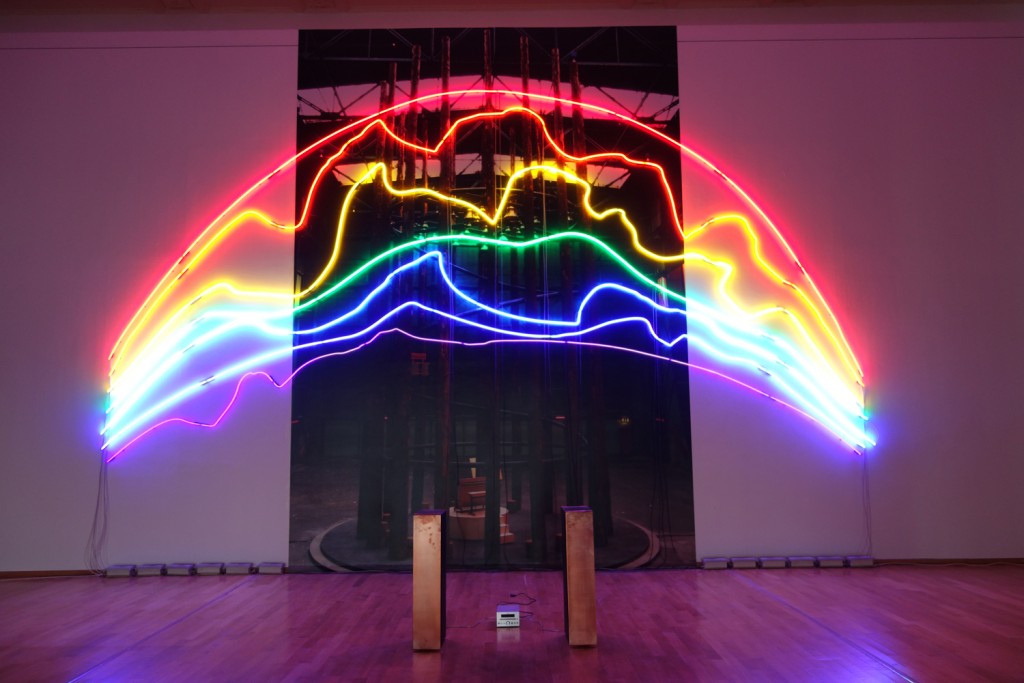
Istanbul is an embodiment of the constant search for mediation between the East and the West: it has been a test bed for new projects, but also a place of bitter social and political confrontation. Issues concerning cultural identity, civil rights, the environmental crisis and religious faith have always been inherent parts of the city but, after the clashes in Gezi Park, the squares, the walls, the stairways, and the occupied spaces show signs of transformation, of protest and of the ongoing process of redefining both urban and private spaces. Within this setting of both group and self-organised actions we can fight back dealing with facing social fragmentation with a new awareness of freedom. There is an urgency of public expression in which actions, political ideologies and symbols of dissent have a new territory to explore.
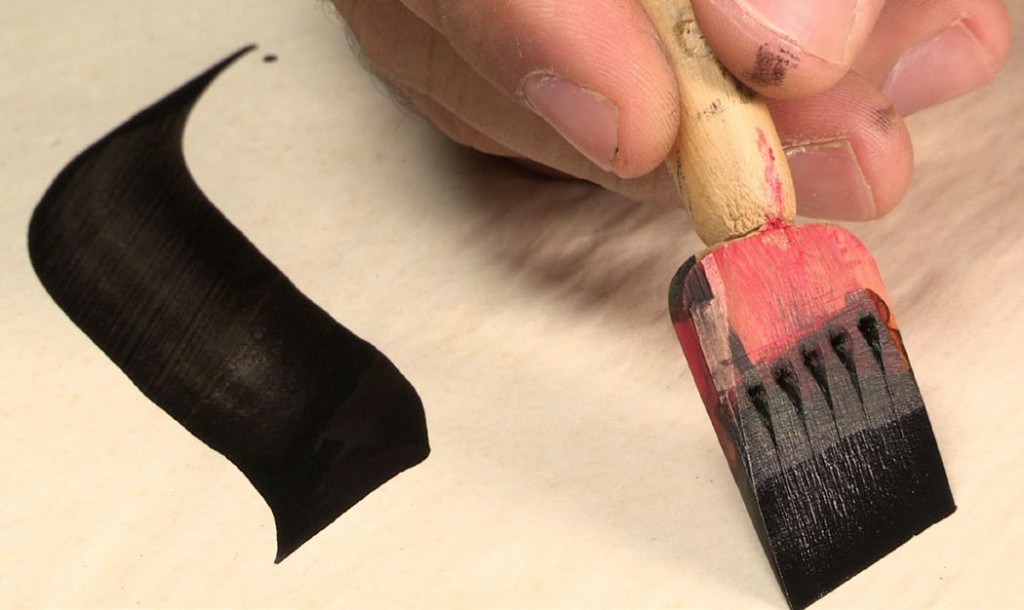
In metropolis, like Istanbul, with its fourteen million inhabitants, the idea of work and its conditions undergo relentless shocks. Since the late 1980s, because of the transformation of the urban fabric, the small manufacturing industries have been relocated to the outskirts. In their place today offices for the world of finance and shops for international brands have risen up. Producing goods but also buildings bridges, skyscrapers and airports, continues to be a crowd often too fragile owing to the absence of any rights. The same sort of fragility also nestles in those who live and work in those skyscrapers. Here, where work is pure performance, dwells the illusion of having been emancipated from the idea of exploitation, and having knowingly chosen to work endlessly. It is from the talent of artists and architects – who make these themes their own – that innovative testimonies and solutions emerge. Should We Work Hard?invites to carefully observe the relationship we have with work and to feel that our skills are a unique knowledge.
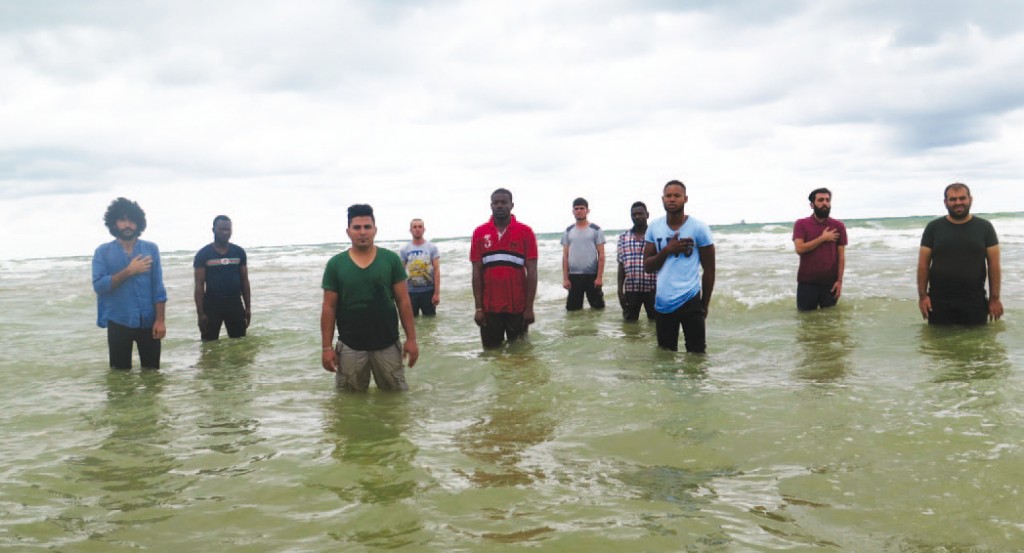
When Turkey leapt into industrialisation, Istanbul once again became the most important centre of the country. The 1950s and 1960s saw a mass migration of Turkey’s rural population to the city. This migration brought with it important cultural shifts, but also social conflict. Non-Muslim citizens were the victims of an ethnic cleansing that pushed many Jews, Greeks, Armenians and Levantines into leaving the country. Moreover, in recent decades the conflict between Turkish Republic and PKK (the Kurdistan Workers’ Party) has caused the emigration of the Kurdish population towards the West. Yet currently Turkey is trying to accommodate two million Syrian refugees. This history leads to the question: can Istanbul really be a home for all?
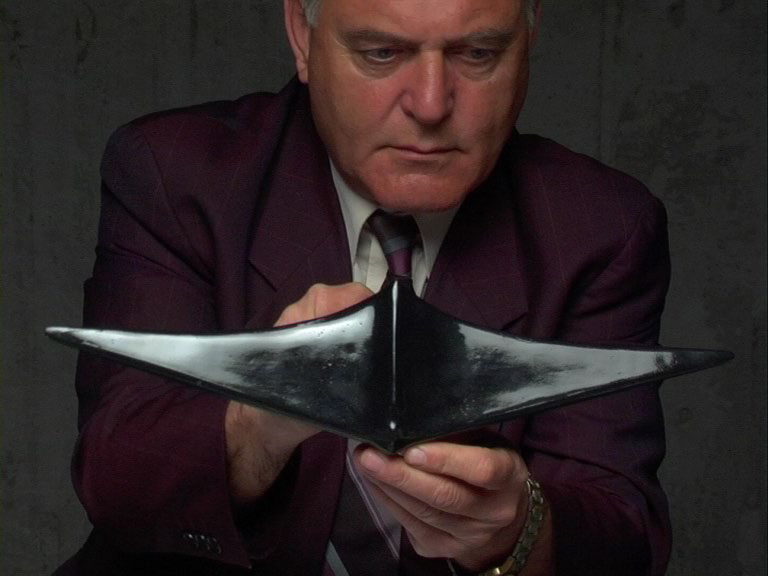
How can one of the oldest cities in the world project itself into the future? Istanbul is, of all the megalopolises, one of the most contradictory and fascinating: primitive and utopian, ancient and futurable. The future of Istanbul and of Turkey is also defined by the conflicts, by an economic expansion that accentuates the gap between social classes, by a difficult relationship between the different ethnic groups, and by the need to start up a true process of democratization. The stories told about the Gezi Park protests in 2013 show the fears of and the anxiety for an oppressive present, but also a new sense of openness and longing for the future. Tomorrow, Really? is the last part of the exhibition where artistic practices are tantamount to the real workshop for the future.
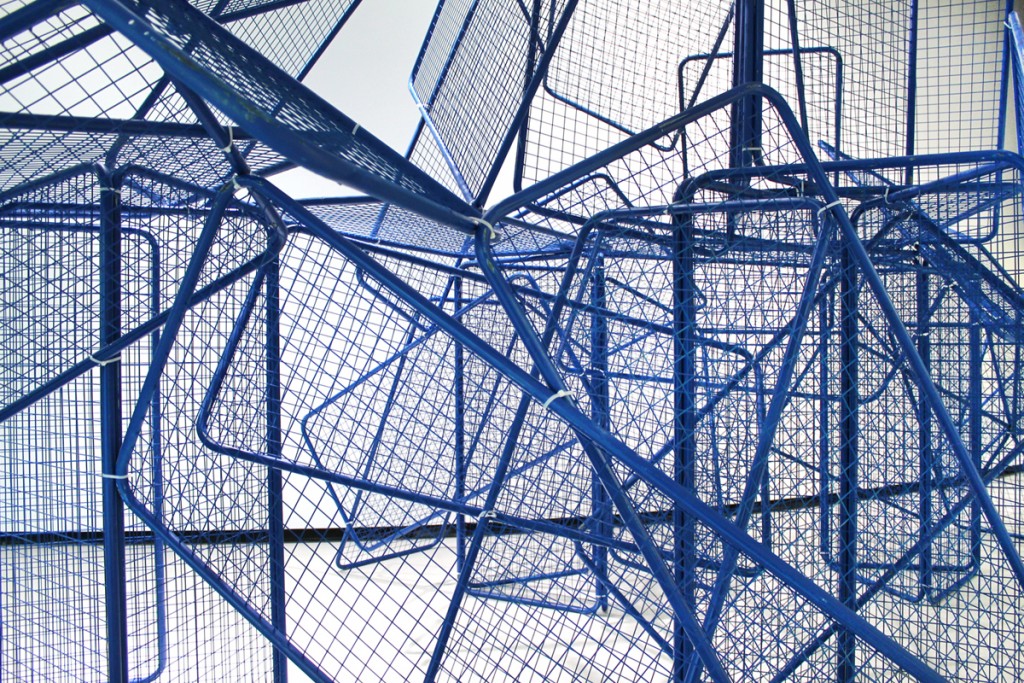
Three emerging architectural firms (Herkes İçin Mimarlık / Architecture For All, PATTU, SO? mimarlık ve fikriyat) are invited by the curators to question the physical and social reality of Istanbul’s public spaces and to realize a site-specific installation in the galleries of the Museum. Using Istanbul’s communities’ “spontaneous” way of inhabiting public spaces as a starting point, the project aims at providing an opportunity for architectural interventions that thrive on the fine line between formal and informal, built and un-built. Architects are asked to imagine an experimental architectural typology that stems from the knowledge of the city of Istanbul, and to develop a new methodology pertaining to the use of public spaces by drawing on their own personal research, experiences.
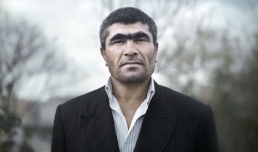
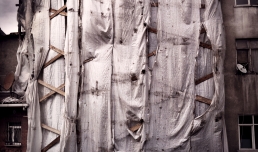

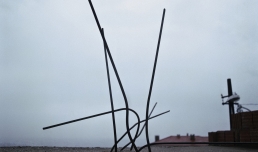
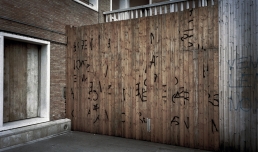
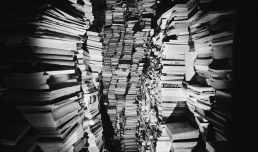
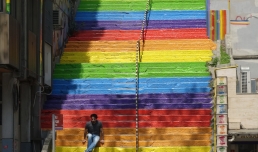
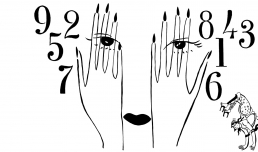
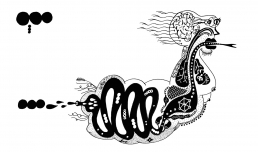
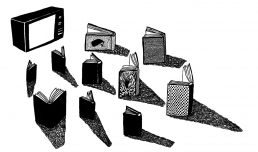

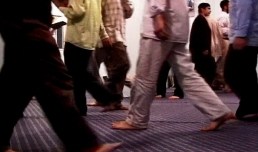
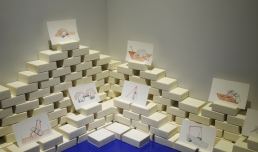
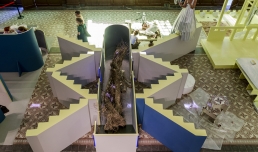
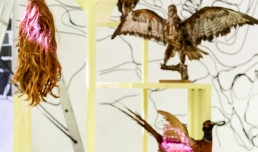
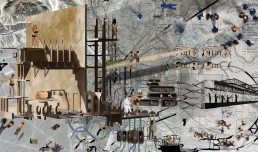
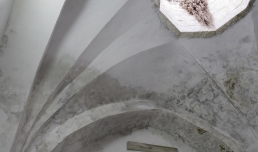
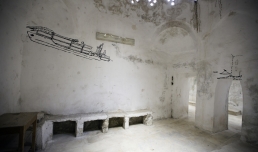
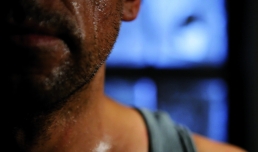

Galleries 1, 2 and 2 bis
curated by Hou Hanru with Ceren Erdem, Elena Motisi and Donatella Saroli
The passion for creativity The joy that emerges from achieving objectives The fury of the city
We are continuing our exploration of the cultural milieu of the Mediterranean basin and the relations between the Middle East and Europe. Following the exhibition Unedited History on contemporary Iranian art, MAXXI has reached Istanbul.
An exploration through major works and new artistic production with in-depth examinations and first-hand testimony.
Istanbul. Passion, Joy, Fury tackles the dynamics, the changes and the cultural demands of contemporary Turkey, a bridge between the western and eastern worlds. Starting out with the recent protests at Gezi Park, the exhibition examines five major themes: urban transformations; political conflicts and resistance; innovative models of production; geopolitical urgencies; hope.
The invited artists and architects:
Hamra Abbas, Can Altay & Jeremiah Day, Halil Altındere, Emrah Altınok, Architecture For All (Herkes İçin Mimarlık), Volkan Aslan, Fikret Atay, Atelier Istanbul: Arnavutköy, Vahap Avşar, İmre Azem & Gaye Günay, Osman Bozkurt, Angelika Brudniak & Cynthia Madansky, Hera Büyüktaşçıyan, Antonio Cosentino, Burak Delier, Cem Dinlenmiş, Cevdet Erek, İnci Eviner, Extrastruggle, Nilbar Güreş, Ha Za Vu Zu, Emre Hüner, Ali Kazma, Sinan Logie & Yoann Morvan, Networks of Dispossession, Nejla Osseiran, Ceren Oykut, Pınar Öğrenci, Ahmet Öğüt, Didem Özbek, Şener Özmen, PATTU, Didem Pekün, Zeyno Pekünlü, Mario Rizzi, Sarkis, SO?, Superpool, ŞANALarc, Ali Taptık, Serkan Taycan, Cengiz Tekin, Güneş Terkol, Nasan Tur.
THE EXHIBITION CHAPTERS
A Rose Garden?
Ready for a Change?
Can We Fight Back?
Should We Work Hard?
Home for All?
Tomorrow, Really?
To Build or Not to Build?
Cataloghi della mostra
Exhibition catalogue
2015
Istanbul. Passion, Joy, Fury